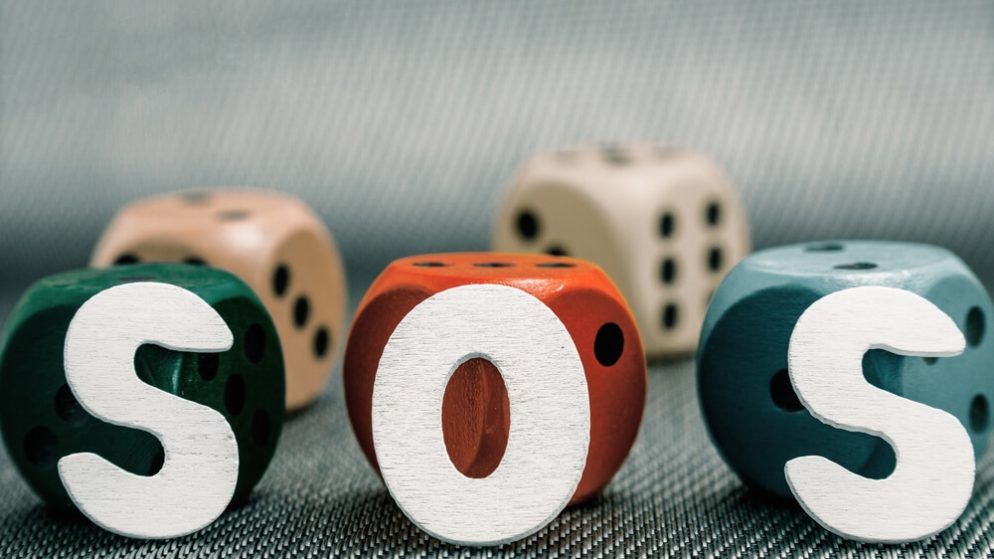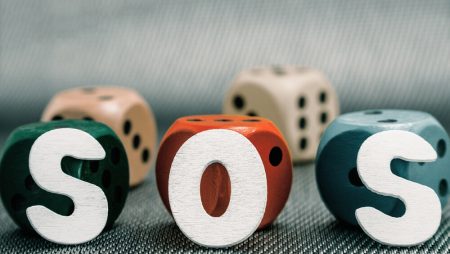

New Jersey lawmakers have backed a new bill that could see underage gamblers caught betting in casinos forced to attend mandatory treatment programs for compulsive gambling. If passed, the bill would give courts the discretion to fine violators up to $1,000, mandate treatment, or both.
The legislative move comes as studies show 60% of high school students gamble for money, and 4-6% of adolescents struggle with gambling addiction. If left untreated, underage gambling addiction can take a huge toll on minors’ academic performance, mental health, and social relationships, according to the National Council on Problem Gambling.
The primary sponsor Senator James Beach and other supporters of the bill aim to assist young people who have an unhealthy relationship with gambling in an effort to prevent them from becoming repeat offenders.
While overall gaming revenue in New Jersey rose 9.5% in April, revenue from in-person gambling at casinos fell 1.6% to $231.4 million, the U.S. News & World Report reported late last month.
What we cover
The new bill makes underage gambling fines optional
Any under-21 caught betting at New Jersey casinos is guilty of a disorderly person’s offense, which could see the violator fined between $500 and $1,000 under the current state law. The fine is mandatory regardless of whether the violator is a first or repeat offender.
However, the new bill that received unanimous support from the senate committee mid-last month looks to amend this law. The new legislation will make the fine optional if it gets the final approval.
More specifically, the judges now have the discretion to order underage gamblers found betting at New Jersey casinos to attend treatment programs for problem gambling, either in place of or in addition to the fine.
Lawmakers believe that imposing a penalty on underage bettors sends the message that compulsive gambling is purely a criminal matter. The new legislation looks to turn the knob on the debate, highlighting problem gambling as a treatable mental health condition.
To recap: violators will be required to go to treatment, pay the fine, or both — the new law gives courts the discretion to decide based on a case-by-case basis.
“We want to make sure that kids who gamble underage are held accountable, but we also want to help them get the help they need,” said Sen. James Beach.
The new bill fails to address online gambling
Lawmakers that backed the new legislation hope the hybrid approach will help minors curb any unhealthy relationships with betting, preventing them from becoming repeat violators.
Advocates call the bill a great start but say it ignores the bigger issue: online gambling. One of the most vocal advocates of this view is the New Jersey chapter of the Council on Compulsive Gambling.
According to the Hamilton Township-based non-profit organization, online gambling in New Jersey has become not only more popular but also much more accessible than betting in land-based casinos — and the numbers agree.
In May 2023, gaming revenue raked in by online casinos in New Jersey soared 18.7% to reach $161.4 million. Meanwhile, data released by the New Jersey Division of Gaming Enforcement (NJDGE) showed that the revenue generated by the state’s brick-and-mortar casinos slipped 2.4%, down from $227.3 million reported in May 2022.
In April, NJ online casinos recorded the second-best-ever monthly revenues of $158.9 million, sending the state’s lifetime earnings from online gambling to $6 billion.
The figures clearly show that online casinos are quickly catching up with land-based gambling in Garden State. Felicia Grondin, the non-profit’s executive director, worries that online casinos are making it easy for underage gamblers to engage in anonymous gambling.
Accordingly, the Council on Compulsive Gambling of New Jersey has already kicked off a program in high and middle schools to help kids make smart choices, especially on risky behaviors like underage gambling. It focuses on teaching kids the risks associated with the vice, along with the telltale signs of compulsive gambling disorder.
“We want to make sure that kids are aware of the risks of gambling and that they know where to get help if they need it,” Grondin said.
The bill’s progress
The bill to make compulsive gambling education and treatment an optional penalty for underage gambling is on the verge of passing. The Senate Committee has already backed the James Beach-sponsored legislation with a 5-0 unanimous vote.
As of publishing, the so-called Bill S1599 Sca (1R) is being discussed by the New Jersey State Assembly.
If passed, the new law will come into force on January 1, 2024. It would essentially give NJ courts the discretion to penalize underage gamblers with mandatory treatment, a $500-$1000 fine, or both.
More legislation on the way to combat problem gambling in New Jersey
State officials and legislators have put in place other measures to tackle problem gambling in the Garden State.
In March, legislators pushed forward a bill to launch a pilot diversion court program for problem gambling treatment. The initiative targets problem gamblers who have been convicted because of their compulsive gambling.
Led by mental health professionals, the program would include support and counseling sessions, along with referrals to local rehabs and peer support groups, amongst other social services.
The program’s goal is to curb problem gambling by treating the addiction itself rather than strictly punitive measures.
The state also expanded its self-exclusion program, letting problem gamblers ban themselves from casinos and internet gaming.
Experts say universities and colleges should also do more to address problem gambling. The chair emeritus of the International Gaming Institute, Alan Feldman, said that most colleges only say not to gamble in their handbooks but don’t enforce it.
According to Feldman, addressing problem gambling at colleges, where sports gambling deals are common, but students are vulnerable, would be healthy.
Wrap-Up
Casinos and lawmakers are right to curb underage gambling. But online gambling poses an even bigger threat, and education and self-exclusion are more constructive than fines alone. Compulsive gambling is a real issue, and we must find ways to help those in need rather than punish them. Overall, New Jersey is taking steps in the right direction but still has a long way to go.





